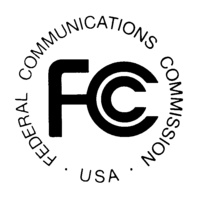 Within weeks, the Federal Communications Commission is expected to set conditions for the auction of the most valuable wireless spectrum still available in the U.S.
Within weeks, the Federal Communications Commission is expected to set conditions for the auction of the most valuable wireless spectrum still available in the U.S.
In early 2006, after more than a decade of debate, Congress voted to require television stations to move to digital broadcasts and abandon the 700-MHz band between channels 51 and 69 by Feb. 17, 2009.
The move to digital television, or DTV, will free up about 84 MHz of spectrum, with 24 MHz set aside for public safety. The remaining 60 MHz is set to be auctioned by early 2008.
Advocacy groups such as Public Knowledge and Consumers Union say the auction represents the best and last opportunity for large portions of the U.S. to have a third broadband provider that competes with the cable and telecom giants. These groups are asking the FCC to require that part of the auctioned spectrum be sold with so-called open-access rules attached, meaning the winner of the auction would have to sell wholesale access to the network to any company that wants it.
Leading the charge for open-access rules are a group of consumer and advocacy organizations, including Public Knowledge, Consumers Union and the Consumer Federation of America. The Ad Hoc Public Interest Spectrum Coalition has asked the FCC to include open-access rules with 30 MHz of the auctioned spectrum.
The FCC should act "both to ensure that new spectrum is offered on an open and nondiscriminatory basis and to bring in new entrants interested in challenging the current cozy wireless oligopoly and broadband duopoly," the coalition wrote in comments to the FCC. "The 700 MHz auctions will not give birth to the much anticipated third pipe if the licenses are auctioned to the very same ... telephone and cable incumbents that dominate the wireline market."
Source: ComputerWorld













